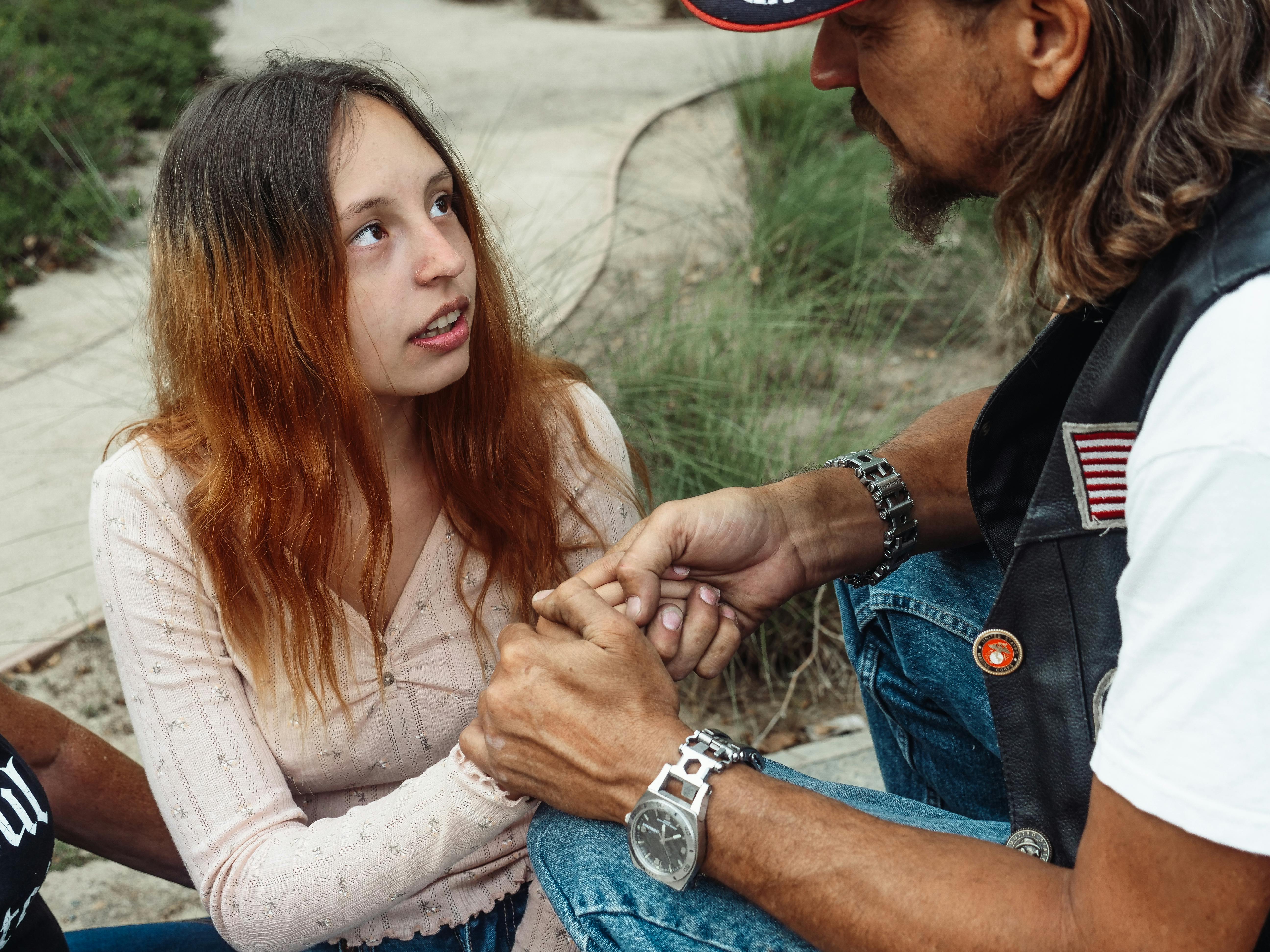Table of Contents
Understanding Child Development
One of the most important aspects of babysitting is understanding child development. Babysitters should have a basic knowledge of the physical, cognitive, and emotional development of children at different ages. This knowledge can help babysitters anticipate the needs and behaviors of the children in their care. For example, babysitters should be aware that young children may have limited communication skills and may rely more on nonverbal cues to express themselves. Understanding child development can also help babysitters select age-appropriate activities and interactions that support children’s growth and development.
On-Demand Childcare in Your Neighborhood
Book a Sitter
Safety Precautions
Safety is paramount when caring for children, and babysitters should be well-versed in safety precautions for children of all ages. This includes knowledge of basic first aid and CPR, as well as childproofing techniques for different age groups. For example, babysitters should be aware of potential choking hazards for young children and how to respond in the event of an emergency. Babysitters should also be prepared to handle common accidents and injuries that may occur while caring for children, such as falls or burns. By following safety precautions, babysitters can create a safe environment for children to play and explore.
Age-Appropriate Activities
Engaging children in age-appropriate activities is essential for their development and well-being. Babysitters should be familiar with activities that are suitable for children of different ages, from infants to teenagers. For example, infants may enjoy sensory play activities, such as exploring different textures and sounds, while older children may prefer creative arts and crafts or outdoor games. Babysitters should also consider the individual interests and abilities of the children in their care when planning activities. By providing engaging and developmentally appropriate activities, babysitters can help children learn and grow in a fun and stimulating environment.

Communication with Parents
Effective communication with parents is key to successful babysitting experiences. Babysitters should establish clear lines of communication with parents to ensure that they are informed of any special instructions, schedules, or concerns related to the children in their care. Babysitters should also provide regular updates to parents on their children’s activities, behavior, and well-being. It is important for babysitters to ask questions and seek clarification from parents when needed, to ensure that they are meeting the expectations and requirements set by the parents.
By maintaining open and honest communication with parents, babysitters can build trust and confidence in their caregiving abilities.
Handling Emergencies
Despite taking all necessary precautions, emergencies can still occur while babysitting. Babysitters should be prepared to handle a variety of emergency situations, such as accidents, injuries, illnesses, or natural disasters. Babysitters should have a basic knowledge of first aid and CPR, as well as emergency procedures specific to the children they are caring for. Babysitters should also know how to contact emergency services, such as 911, and how to remain calm and composed in stressful situations. By being proactive and prepared, babysitters can respond effectively to emergencies and ensure the safety and well-being of the children in their care.
In conclusion, understanding age-appropriate guidelines for babysitters is essential for providing quality care to children. By being knowledgeable about child development, following safety precautions, planning age-appropriate activities, communicating effectively with parents, and knowing how to handle emergencies, babysitters can create a safe and nurturing environment for the children they are caring for. By prioritizing the well-being and development of children, babysitters can make a positive impact on their lives and create lasting memories for both themselves and the children they care for.










